
Firstly an observation. Solidarity is not the same thing as sodality. The words seem to get confused sometimes. Sodalities are church groups of people, mostly women’s groups. We have the Sacred Heart sodality, Women of St Anne and many others. Their focus should really be on solidarity of course, which is a sense of unity, acting in union, supporting and receiving support from others with a common interest. So naturally sodalities should certainly display solidarity, which is one of the principles of Catholic Social Teaching.
Many months ago when the coronavirus pandemic first invaded our lives, the World Health Organisation preached a lot about solidarity, the need to act and work together, as the human family and especially as countries. The need for sharing and support was reinforced constantly. At the Extraordinary Moment of Prayer on 27 March 2020 Pope Francis also emphasized it. Months later at the time when he presented his new encyclical FRATELLI TUTTI his tune was changing somewhat as he recognized that “all too quickly we forget the lessons of history.” Later he wrote, “The pandemic has exposed the paradox that while we are more connected we are also more divided.” We compete with one another. Money is often at the root of the divisions, within a country – corruption was rife in the acquisition of PPEs, and between countries – who would develop and get the vaccines first.
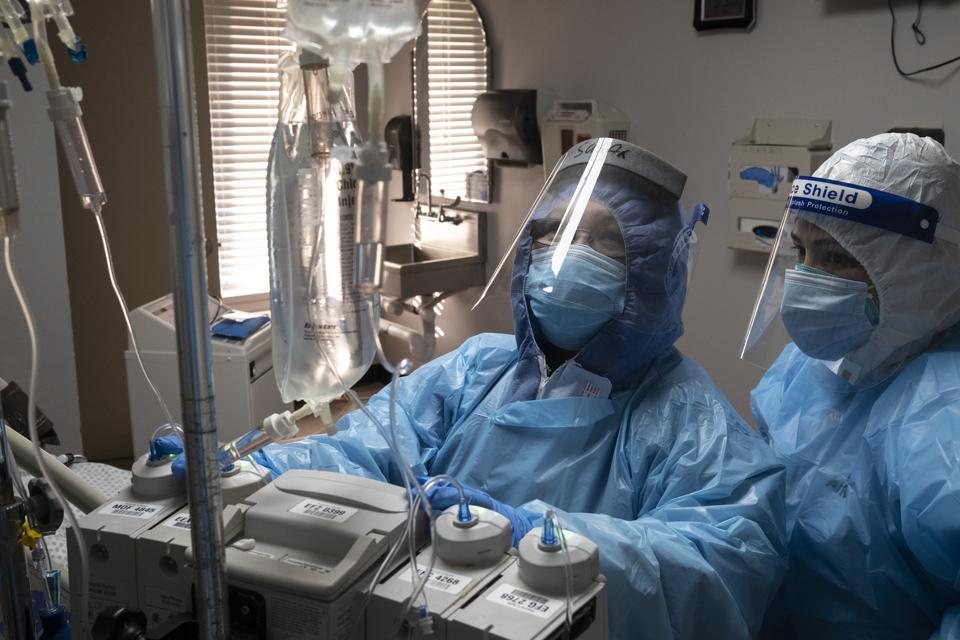
Today, the world has become overwhelmed by the number of cases, 95 million infections and 2 million deaths. The medical profession is overwhelmed and workers are exhausted. Helpers in many related and other fields are overworked while others are helplessly sitting on the sidelines possibly having lost their livelihood. The need for safety has restricted activity of millions of workers. Places of worship have had to be closed and priests, pastors and all involved in church ministry are restricted and frustrated at not being able to minister effectively to the suffering.
The concept of solidarity surfaces from time to time. Government tries very hard to keep everyone on the same page. Maybe initially using its government structures to manage the pandemic has limited the possible output. Solidarity is promoted at meetings and discernment discussions with other structures and organisations, leaders of religions, education and business and other political parties. However another principle of Catholic Social Teaching, subsidiarity, appears to be neglected. Is there not more that can be done from the other levels of society too? The competition experienced at country level happens at local level too. After one of the President’s “family meetings” addressing the nation, and the unpacking of the latest regulations opposition parties will usually criticize and point out shortcomings. Could these others not have been invited to be more fully on board in implementation?
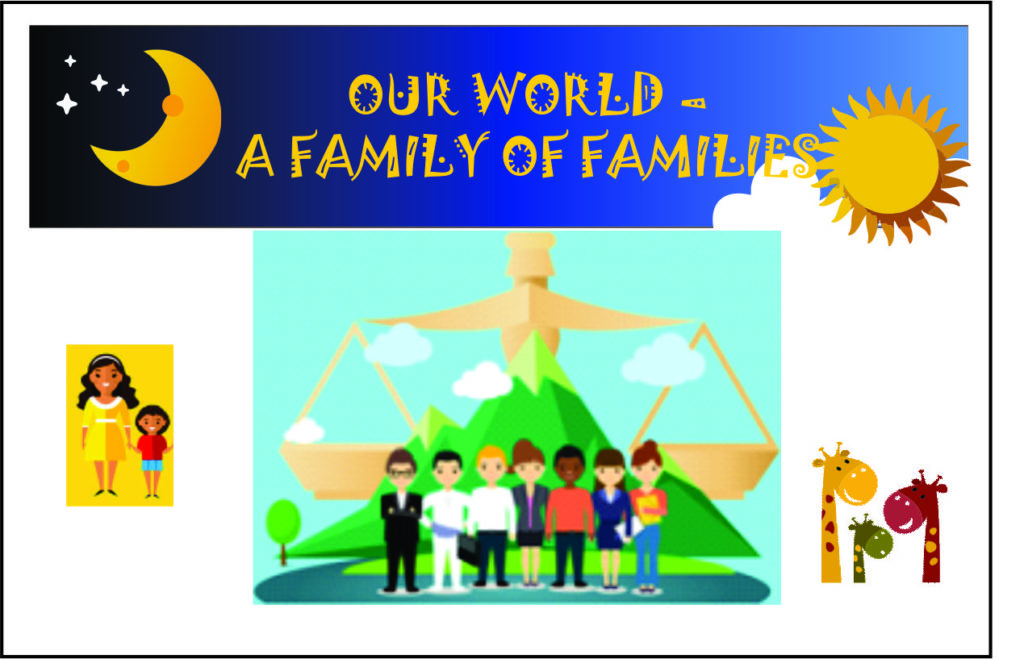
I read, with interest, the recent Jesuit Institute weekly comment “The toll of COVID-19 on clergy.” Fr Russell Pollitt shared some of the frustration and worries about the effect of the virus on Church life and the clergy’s own needs for support too. I can identify with this, but I could also ask, “As “lay ministers” of various kinds in the local Church are we contributing what we can, and being supported? I believe that this time could have seen greater support for promotion of the spirituality of the little church of the home. For me personally and MARFAM, Radio Veritas has been the greatest outlet and support over this time. Having prepared a booklet of STATIONS OF THE CROSS FOR THE BEREAVED as a resource for families at this time I am gratified that a recorded version is broadcast every Saturday evening at 8pm. Other resources are a FAMILY YEAR PLANNER and DAILY THOUGHTS for family spirituality. See www.marfam.org.za
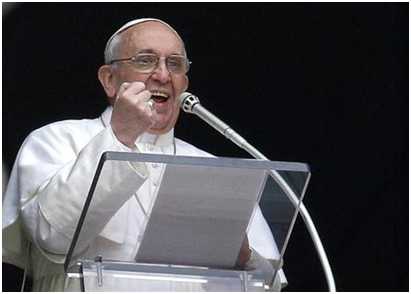
On Monday evening (18 January) there was an extensive presentation by Professor Salim Abdool Karim of the Coronavirus Command Council and specialists from his team on the new COVID-19 variant 501Y.V2 and some comments on the vaccine rollout. It is important for us to understand and appreciate some of these workings. Professor Karim ended the presentation with a recent statement from Pope Francis . “The pandemic has exposed the paradox that while we are more connected we are also more divided. To come out of this crisis better we have to recover the knowledge as a people that we have a shared destination. The pandemic has reminded us that no one is saved alone. What ties us to one another is what we commonly call solidarity. Solidarity is more than acts of generosity, important as they are. It is the call to embrace the reality that we are bound by bonds of reciprocity. On this solid foundation we can build a better, different, human future.” That is truly what the World, a Family of Families, MARFAM’s 2021 theme means.


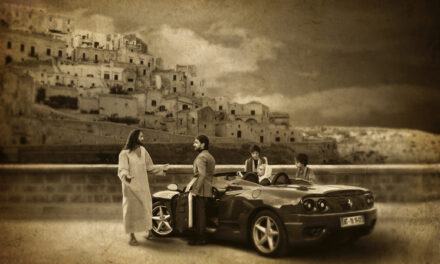
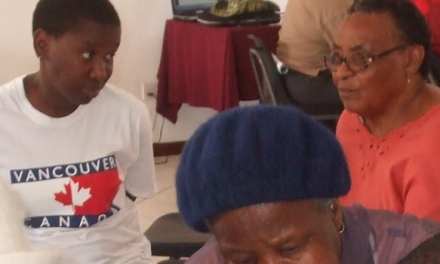
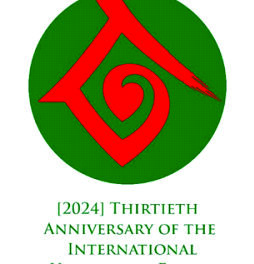
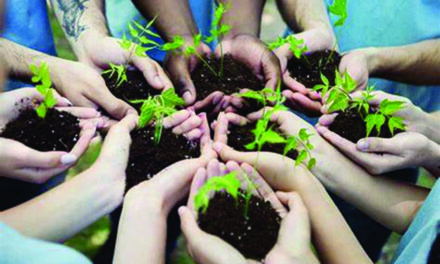
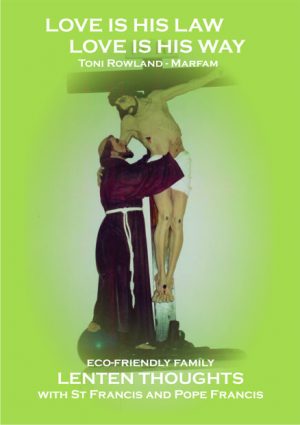
Recent Comments